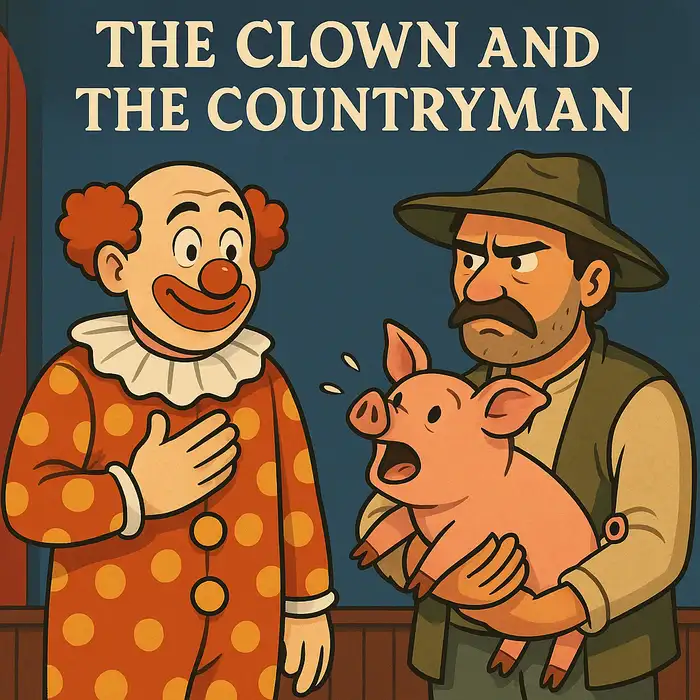Table of Contents
Declarative Knowledge
Declarative knowledge is the same as explicit or controlled knowledge, whereas procedural knowledge is the same is implicit or uncontrolled knowledge. Internalised rules and memorised chunks of the language constitute the ‘what’ of the learner’s system or declarative knowledge (McLaughlin, 1987).
Ellis believes that declarative rules can have top-down influences on perception, in particular by making relevant features salient, thus enabling learners to notice them and to notice the gap between the input and their existing linguistic competence. The transition of declarative to procedural knowledge takes place in three stages (Ellis, 2008):
- In the declarative stage, information is stored as facts for which there is no ready-made activation procedure.
- In the associative stage, because it is difficult to use declarative knowledge, the learner tries to sort the information into more efficient production sets by means of ‘composition’ (collapsing several discrete productions into one), and ‘proceduralization’ (applying a general rule to a particular instance). Anderson notes that errors are particularly likely during the associative stage.
- In the autonomous stage, in which procedures become increasingly automated, the mind continues both to generalise productions and also to discriminate more narrowly the occasions when specific productions can be used.
According to Schmitt (2002), some information processing theories suggest that language, like other skilled activity, is first acquired through intentional learning of what is called ‘declarative knowledge’ and that, through practice, the declarative knowledge can become ‘procedural knowledge’.

References
- Ellis, R. (2003). Task-based language learning and teaching. Oxford: Oxford University Press.
- McLaughlin, B. (1987). Theories of second-language learning. New York, NY: Routledge, Chapman, and Hall, Inc.
- Schmitt, N. (2002). An introduction to applied linguistics. London: Hodder Headline Group by Arnold.



